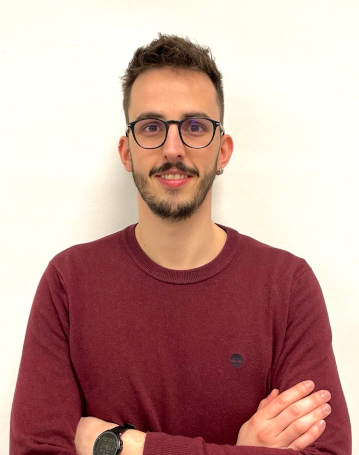
MODALIS2 – Role of CRF
Interview with Riccardo Rocca
First Stage Researcher at CRF.
What is the expertise of CRF?
CRF, headquartered in Orbassano (Turin) with other branch sites in Italy, was established in 1978. As a focal point for research activities of Stellantis N.V. Groupit represents its Company in European and National collaborative research programs, joining pre-competitive projects and promoting networking actions, from industry and academia, and to support Stellantis in the protection and enhancement of intellectual property.
The CRF research activities imply strategic competences not only in the field of automotive engineering, but also in the fields of manufacturing, advanced materials, ICT and electronics, as well as a wide range of state-of-the-art laboratories and extensive test facilities.
Which role does CRF have in MODALIS2 and what are your specific tasks?
CRF is involved in several aspects of this project. We give a strong contribution for the DFT modeling, in particular for the cathode (NMC811) investigating transport properties in order to provide data for the Gen3b modeling. We are also involved in the Gen3b and Gen4 cell testing for the electrical characterization and the application of real driving cycles profiles, in order to evaluate the overall performances under automotive conditions. The results obtained in this task will be extremely helpful for the model development and validation.
Which challenges are you facing in the project?
From the simulations point of view, we are facing the characterization of systems we have never studied by applying new methodologies for the better comprehension of lithium transport properties. Moreover, we are developing new know-hows on Gen3b and Gen4 cells testing, trying to deeply understand the cell’s behavior and the performances.
Which benefits derive from the project for CRF?
CRF will benefit from many points of view from Modalis2 project. First of all, the strong collaboration between academic and industrial realities is crucial in order to promote knowledges exchange and gain new expertise and know-hows. The strong exchange between other DFT experts will lead us to knew capabilities and a deeper understanding for problem solving with several methodologies. Our knowledge on Gen3b and Gen4 cells will be improved, since thanks to this project we are able to evaluate and comprehend the performances of these technologies and understand their limits and strengths.



